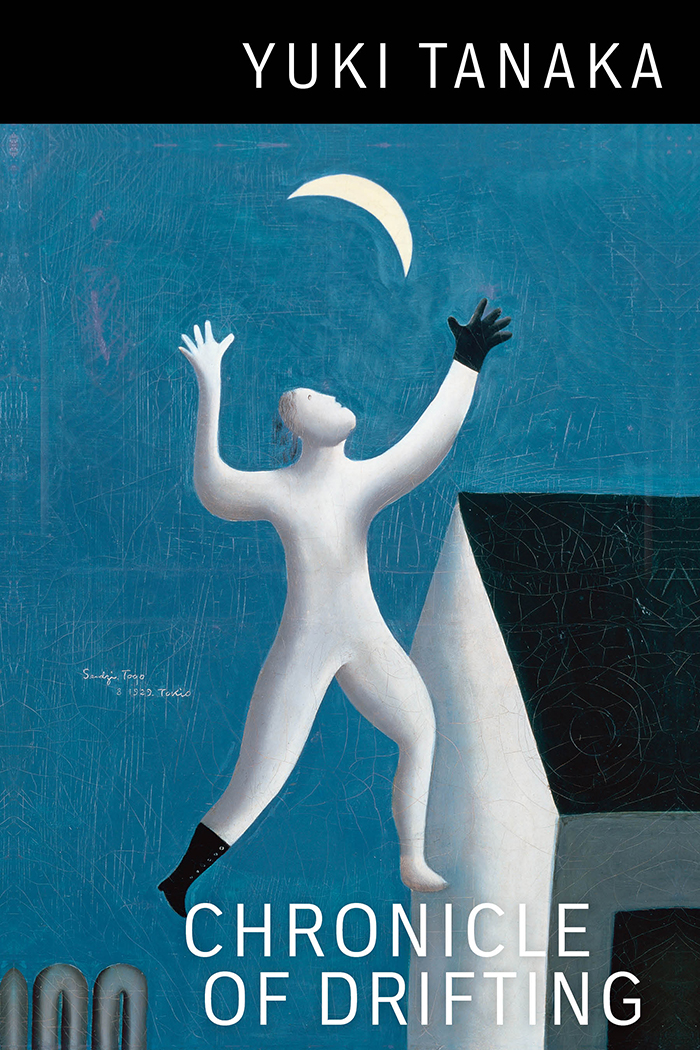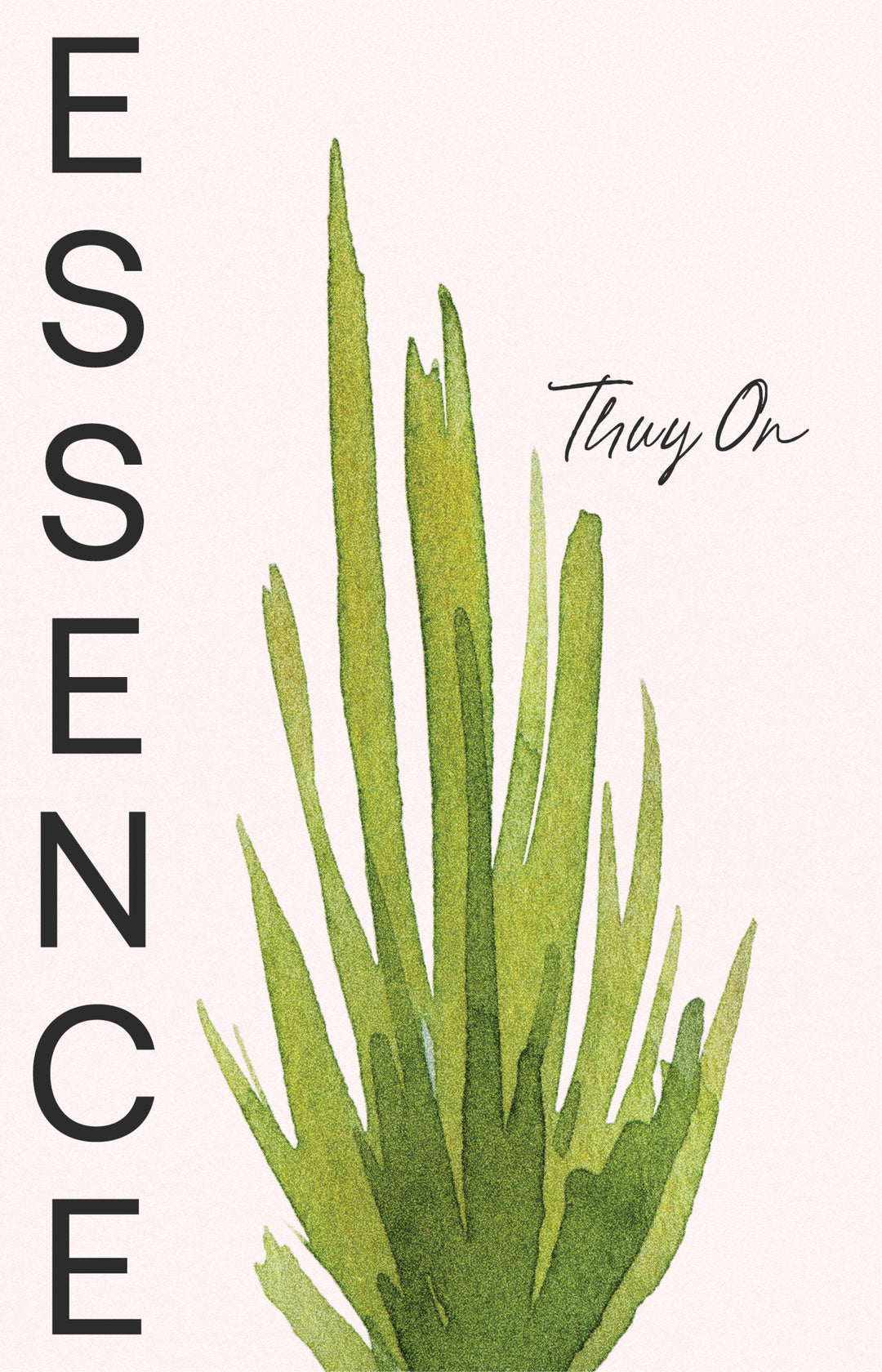 Pick up this collection if you’re looking for catharsis in looking back on a history of love won and love lost. It is definitely keyed toward a more mature audience, but then might have good advice for the young and inexperienced: it will be painful, but in enduring we find something so much greater.
Pick up this collection if you’re looking for catharsis in looking back on a history of love won and love lost. It is definitely keyed toward a more mature audience, but then might have good advice for the young and inexperienced: it will be painful, but in enduring we find something so much greater.
Category: Poetry Reviews
A review of Jehovah Jukebox by Joan Jobe Smith
 By the time they became acquainted, Smith had quit dancing to pursue poetry. Bukowski would call her late at night and howl at her tales of being a go-go girl for seven years (“the bad luck time for / breaking a mirror, minimum sentence for a felony / conviction”). Bukowski, in his cheap L.A. apartment forty miles away “listened intently to my go-go girl tales.” Finally, one night, Bukowski told her: “You gotta write about all that madness, kid. So I did.” Jehovah Jukebox was conceived and born.
By the time they became acquainted, Smith had quit dancing to pursue poetry. Bukowski would call her late at night and howl at her tales of being a go-go girl for seven years (“the bad luck time for / breaking a mirror, minimum sentence for a felony / conviction”). Bukowski, in his cheap L.A. apartment forty miles away “listened intently to my go-go girl tales.” Finally, one night, Bukowski told her: “You gotta write about all that madness, kid. So I did.” Jehovah Jukebox was conceived and born.
A review of Barefoot Poetess by Paris Rosemont
 Words play across the pages, often moving in non-linear ways and encouraging different breath patterns in the reader. Play is joyful but it can also be a euphemism for abuse, as well as a kind of theatre that reclaims power to the disenfranchised. Some of the poems, most notably the title poem, have a purple quality: the language is elevated and even Shakespearean at times, but against this backdrop of play, the richness works, giving the work a performative and even, at times, fun quality.
Words play across the pages, often moving in non-linear ways and encouraging different breath patterns in the reader. Play is joyful but it can also be a euphemism for abuse, as well as a kind of theatre that reclaims power to the disenfranchised. Some of the poems, most notably the title poem, have a purple quality: the language is elevated and even Shakespearean at times, but against this backdrop of play, the richness works, giving the work a performative and even, at times, fun quality.
A review of That Galloping Horse By Petra White
 But, as I began to read more conventionally, from the beginning, turning page after page, pausing to reflect — to make a coffee, to gaze out of the window at the clouds lazily assembling themselves and then dissipating — I came to realise that this lightsome, low-risk morsel was an anomaly. The cumulative effect of this collection is more chilling. There is an ominous accretion of menace, of lurking dread.
But, as I began to read more conventionally, from the beginning, turning page after page, pausing to reflect — to make a coffee, to gaze out of the window at the clouds lazily assembling themselves and then dissipating — I came to realise that this lightsome, low-risk morsel was an anomaly. The cumulative effect of this collection is more chilling. There is an ominous accretion of menace, of lurking dread.
A review of I Want to Take You Everywhere by Cassandra Manzolillo
 As the title suggests, I Want to Take You Everywhere is a collection of poems that reckon with the need to love, the imprisonment of love, and the act of negotiating the distance between the body and emotional needs in the relationship. This young poet, lays out her psychology, not unlike the confessional poets of the 1970s. The process of saying acts as a performative device whose action includes the reader as a participant, while the poet posits a second and primary listener, real or imagined, her therapist.
As the title suggests, I Want to Take You Everywhere is a collection of poems that reckon with the need to love, the imprisonment of love, and the act of negotiating the distance between the body and emotional needs in the relationship. This young poet, lays out her psychology, not unlike the confessional poets of the 1970s. The process of saying acts as a performative device whose action includes the reader as a participant, while the poet posits a second and primary listener, real or imagined, her therapist.
A review of Self Geofferential by Geoffrey Gatza
 Gatza’s book is continually cooking up new experiences, exotic taste treats, and sensual liaisons in celebration of living life from top to bottom and back again. Somehow his America is always there front and center, in the big city wilderness, the desert expanse, or sleepy small towns leaning under the shade of trees. He has developed a keen eye and ear for using the right word at the right time in the right way.
Gatza’s book is continually cooking up new experiences, exotic taste treats, and sensual liaisons in celebration of living life from top to bottom and back again. Somehow his America is always there front and center, in the big city wilderness, the desert expanse, or sleepy small towns leaning under the shade of trees. He has developed a keen eye and ear for using the right word at the right time in the right way.
A review of Red Camaro: Poems by Dwaine Rieves
 Rieves knots subjects together: moments of closeness, lack of friendship, learning to tie knots, rain, what the Bible says, pitching tents, sounds of rain. Thoughts do not happen in isolation; one leads on to others concerning a gesture, an action, a sight. In Rieves’ poetry, the reader’s mind travels with him. Is this “free association?” It is an exploration of a poetic mind, a mind that observes objects, places, people, and itself.
Rieves knots subjects together: moments of closeness, lack of friendship, learning to tie knots, rain, what the Bible says, pitching tents, sounds of rain. Thoughts do not happen in isolation; one leads on to others concerning a gesture, an action, a sight. In Rieves’ poetry, the reader’s mind travels with him. Is this “free association?” It is an exploration of a poetic mind, a mind that observes objects, places, people, and itself.
A review of Chronicle of Drifting by Yuki Tanaka
 Tanaka, who teaches literature at Hosei University in Tokyo, teases out the etymologies of Japanese words throughout. “Two words for ‘heart.’ Kokoro means heart in a moral, spiritual sense,” he writes in one of the “Chronicles of Drifting” prose fragments, “it never refers to the organ. Shinzo, it always does.”
Tanaka, who teaches literature at Hosei University in Tokyo, teases out the etymologies of Japanese words throughout. “Two words for ‘heart.’ Kokoro means heart in a moral, spiritual sense,” he writes in one of the “Chronicles of Drifting” prose fragments, “it never refers to the organ. Shinzo, it always does.”
A review of Essence By Thuy On
 The short poems throughout Essence work perfectly for the discrete subject matter and are easy to read, but the simplicity belies the depth of this work or the way it interrogates language and the impact it has. Readers will enjoy the many literary references and links throughout the book, and the way in which On collates external sources with a sensual framework. Essence is a pleasure to read, beautifully written, funny and often deeply moving.
The short poems throughout Essence work perfectly for the discrete subject matter and are easy to read, but the simplicity belies the depth of this work or the way it interrogates language and the impact it has. Readers will enjoy the many literary references and links throughout the book, and the way in which On collates external sources with a sensual framework. Essence is a pleasure to read, beautifully written, funny and often deeply moving.
A review of Twelve Days from Transfer by Eleanor Kedney
 Twelve Days of Transfer tells the story of Kedney’s own unsuccessful attempts at carrying a child, the complex emotional responses to the inability to conceive, the guilt, the grief, but also the relief. She writes about her experiences in grief support groups and with friends, as well as her own complex IVF experience.
Twelve Days of Transfer tells the story of Kedney’s own unsuccessful attempts at carrying a child, the complex emotional responses to the inability to conceive, the guilt, the grief, but also the relief. She writes about her experiences in grief support groups and with friends, as well as her own complex IVF experience.